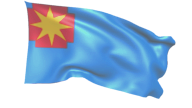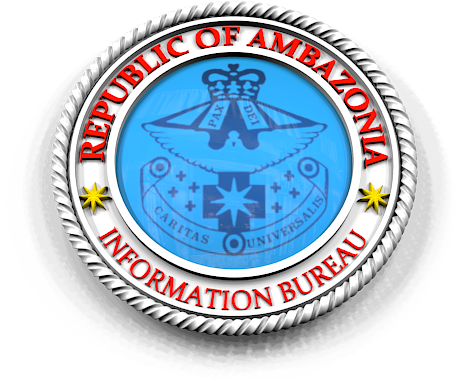In 1919 Britain officially grabbed part of this German territory, hitherto known as Kamerun, as a prize for her World War I victory over the Germans in the territory. The British Cameroons, as the new-found British territory was then known, was further partitioned into the British Southern Cameroons and the British Northern Cameroons. The British Cameroons were administered by Britain as a League of Nations mandated territory.
Between 1919 to 1945, the British Cameroons developed completely independent of the other parts of the former Kamerun. The Second World War (1939-1945) ended with the collapse of the League of Nations and the birth of a new international organization – the United Nations Organization. In 1946 the British Foreign Secretary, Ernest Bovin, announced to the General Assembly of the United Nations that Britain was going to place its mandated territory of the British Cameroons under the United Nations Trusteeship. On December 6, 1946, the United Nations approved the Trusteeship Agreements for British Cameroons to be governed by Britain.
As a UN Trust territory under the British, the Southern Cameroons was administered as part of Nigeria – her Western neighbor. Having balkanized her Cameroons territory into two parts, the British administered the British Southern Cameroons as part of the Eastern Region of Nigeria and the British Northern Cameroons as part of the Northern Region of Nigeria. The result of this balkanization of the British Cameroons was that these two territories developed as separate nations.
British Colonization:
The incorporation of the British Southern Cameroons into the Eastern Region of Nigeria made the Southern Camerrons to look more like a colony than a mandate. This was resented by British Southern Cameroonians and this explains why nationalism in the Southern Cameroons was more anti-Nigerian, than anti-British. In July 1951, after several years of negotiations and discussions, a new constitution was granted to Nigeria and the British Southern Cameroons. This was the outcome of the Ibadan Conference that held in 1950.
As a consequence of the new constitution, the British Southern Cameroons was able to conduct the first Parliamentary Election in the territory. The election brought the first Southern Cameroonian representatives in the Eastern House of Assembly in Enugu, Nigeria, and in the Federal House of Assembly in Lagos, Nigeria.
The forced union between the British Southern Cameroons and the Eastern Region of Nigeria proved to be a failure. Dissatisfied with the domineering attitude of Nigerian politicians, British Southern Cameroonian representatives in the Eastern House of Assembly in Enugu declared "benevolent neutrality" and walked out of the House in 1954.
At the London Constitutional Conference in 1954, the British Government agreed that British Southern Cameroons should separate from the Eastern Region of Nigeria and enjoy Autonomous Self Government within the Federation of Nigeria.
The Southern Cameroons Parliament was created in 1954 with Dr. Endeley becoming the first Premier. The Southern Cameroons Parliament had 13 elected members, six members selected from the Native Authorities, six Ex-Officio members and two appointed Special Members representing women and commerce. The Kamerun National Congress of Dr. Endeley was the majority party in the Southern Cameroons Parliament. Another important political party was the Kamerun National Democratic Party (KNDP), which was founded by Dr. John Ngu Foncha. Dr. Foncha was the first leader of Opposition in the Southern Cameroons House of Assembly.
In 1957, the British stated that there was a mature Parliamentary procedure in the British Southern Cameroons. Following the recommendations of the 1957 London Constitutional Conference, the number of elected members in the House of Assembly was increased from 13 to 26. The House of Chiefs, consisting of 20 prominent traditional rulers carefully selected (not elected) from the various divisions of the territory, was formed.
Parliamentary elections were once again conducted in the British Southern Cameroons in 1959. This led to the emergence of the KNDP as the new majority party in the House of Assembly. Consequently, Dr. J.N. Foncha, became the Prime Minister of the British Southern Cameroons. The elections were, as usual, free and fare, making it possible for Dr. Endeley, not only to assume with dignity his new role as the leader of the opposition, but also to collaborate with the government in all matters pertaining to the well-being of the British Southern Cameroonians.
In September 1959, Dr. Endeley accompanied Dr. Foncha to the United Nations Assembly's Trusteeship Committee to request the delay of the plebiscite on the future of the British Southern Cameroons until 1962. Unfortunately and surprisingly, this appeal from the representative of the British Southern Cameroons was not heeded by the UN General Assembly. In 1961, Chief Nyenti of Batchuo Ntai (Mamfe Division) demanded independence for the British Southern Cameroons, but this suggestion, according to the United Nations, came in very late.


